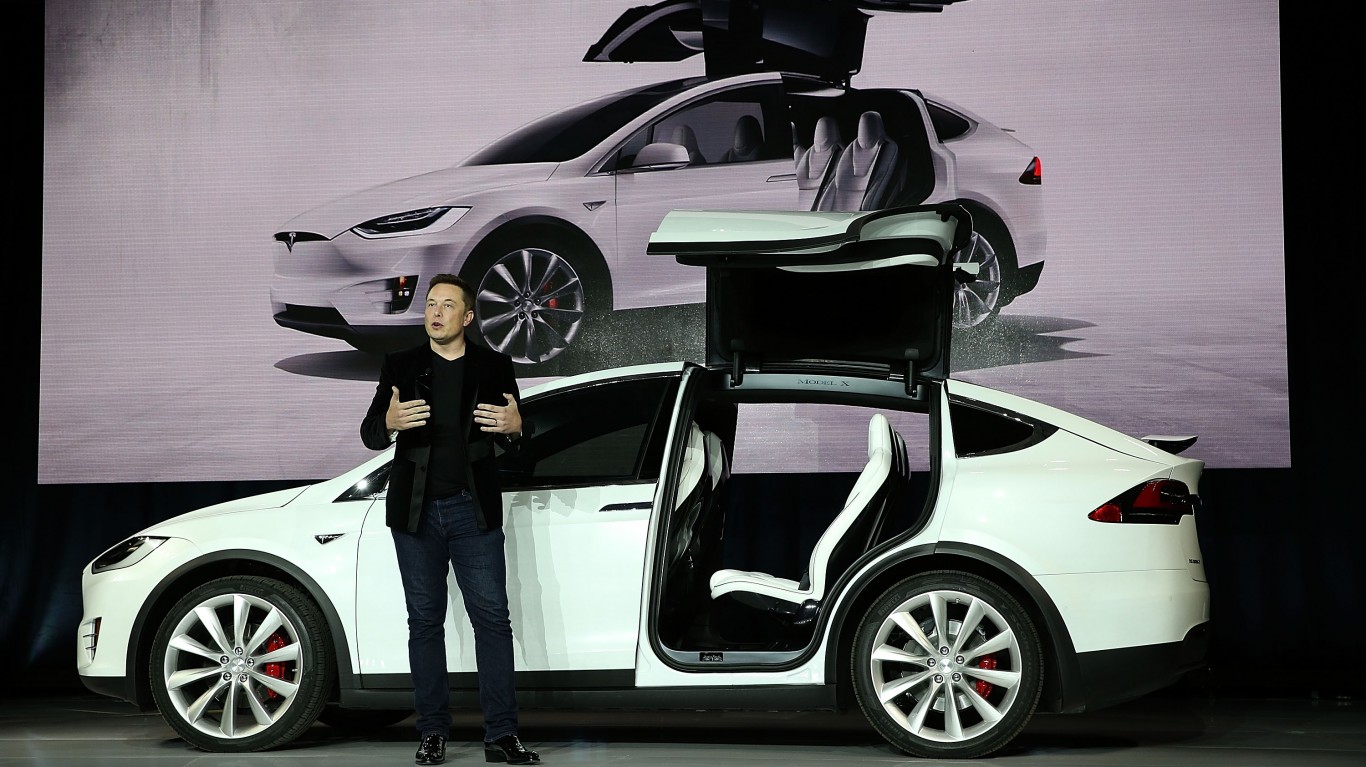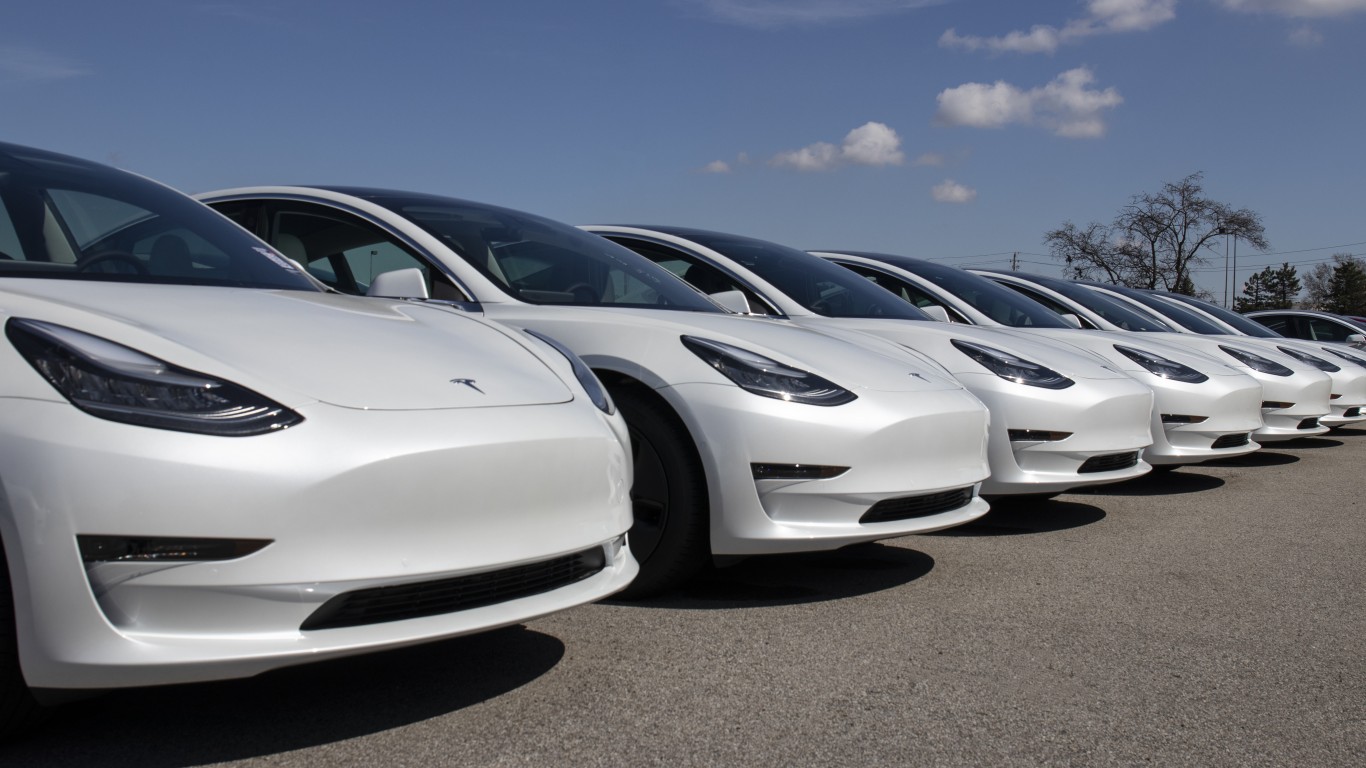
Tesla Inc (NASDAQ: TSLA) released its production and delivery figures for 2020. The company produced 509,737 vehicles and sold 499,550. It had set a goal of 2020 of 500,000 deliveries.
Fourth-quarter production reached 179,757. Deliveries for the period were 180,570.
The company commented in its press release about the figures: “Thank you to all of our customers, employees, suppliers, shareholders and supporters who helped us achieve another great year.”
Tesla, Inc. shares ended 743% for 2020. Its market cap rose to $669 billion, which makes it the sixth most valuable public company behind Apple, Microsoft, Amazon, Alphabet, and Facebook, each of which has much larger revenue.
In reality, Tesla remains small-sized compared to huge auto companies. That comes particularly in contrast to market leader Volkwagen’s which has annual sales of 10 million vehicles. Telsa’s market cap stands higher than those of the top six car companies based on sales combined, even though its production sits at 5% of VW’s.
It is unlikely Tesla’s revenue will reach $30 billion this year. Through the first three quarters, it was $21 billion. And, auto sales revenue was only 90% of the total.
Those who argue Tesla deserves its current market cap press the point that it will end up with the largest share of the electric car market worldwide. The number of vehicles sold in the category may reach 20 million by the end of this decade. Even under circumstances in which Tesla does get the sales lead, it will be a smaller company than VW.
The argument against Tesla’s market value turns on how much competition it has now and will have over the next several years. Every major manufacturer in the world has an EV initiative. Ford, GM, and VW have already said that among them they plan to launch dozens of electric cars. Even with Tesla’s reputation for quality, and its brand, the onslaught comes from competitors that have substantial product management, R&D, marketing, and distribution resources.
Tesla can no longer be dismissed as a small car company. Investors can make the argument that it is overvalued. They cannot quarrel with its current EV leadership. Investors can argue it will never grow into its current market cap. Short sellers have lost tens of billions of dollars because they support that premise.
Want to Retire Early? Start Here (Sponsor)
Want retirement to come a few years earlier than you’d planned? Or are you ready to retire now, but want an extra set of eyes on your finances?
Now you can speak with up to 3 financial experts in your area for FREE. By simply clicking here you can begin to match with financial professionals who can help you build your plan to retire early. And the best part? The first conversation with them is free.
Click here to match with up to 3 financial pros who would be excited to help you make financial decisions.
Thank you for reading! Have some feedback for us?
Contact the 24/7 Wall St. editorial team.
 24/7 Wall St.
24/7 Wall St.

